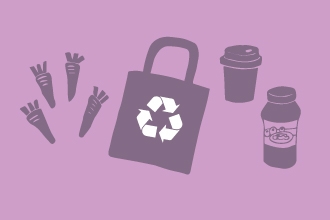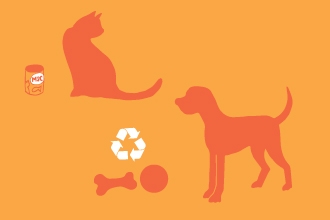A changing climate can have a huge impact on our native wildlife. The seasonal patterns of flowers blooming, insects emerging, birds nesting and species migrating will all be disrupted. Our ecosystems are carefully balanced and a change to these timings can have disastrous effects such as a lack of food for fledglings or pollen for bees causing populations to crash. In a landscape of already fragmented and minimal habitats, species do not have the resilience to survive such disruption for long. Furthermore, many species will need to move through the countryside to remain in the temperature range to which they have evolved. This could be moving to higher altitudes, different aspects or travelling long distances to more northerly latitudes. This can only happen if they have well connected habitats.
Herefordshire Wildlife Trust along with other organisations in the County are working hard to mitigate the impacts of climate change to both wildlife and people. We are therefore delighted that Herefordshire Council has unanimously declared a climate emergency. We believe that this emergency, like all emergencies, requires urgent and immediate action and we are ready to work with the Council and to play our part in this challenge.
As landowners, managing 534 hectares of Herefordshire for wildlife, Herefordshire Wildlife Trust can play an exemplar role in carbon sequestration in our soils. The meadows we manage are grazed and cut for hay but never ploughed so the carbon within the soil remains locked, in while our woodlands similarly sequester carbon. Through our Living Landscapes we are working with landowners and communities to provide the essential habitat connectivity to make our wildlife more resilient to threats of Climate Change
At Queenswood Country Park & Arboretum, our partners New Leaf Sustainable Development are launching a Sustainability Hub to promote ways that individuals, communities and businesses can reduce their environmental impact. Already the site showcases solar thermal heating and solar energy panels, promotes recycling and is introducing low energy alternatives wherever possible.
With movements emerging nationally and internationally to call for government action, the Wildlife Trusts continue to campaign at the highest levels, insisting the government creates a strong Environment Act which puts our landscapes and wildlife first and calling on individuals to get involved through our Wilder Futures campaign.
Herefordshire Wildlife Trust welcomes the declaration of a Climate Emergency and hopes to play a part in creating a zero-carbon Herefordshire.



